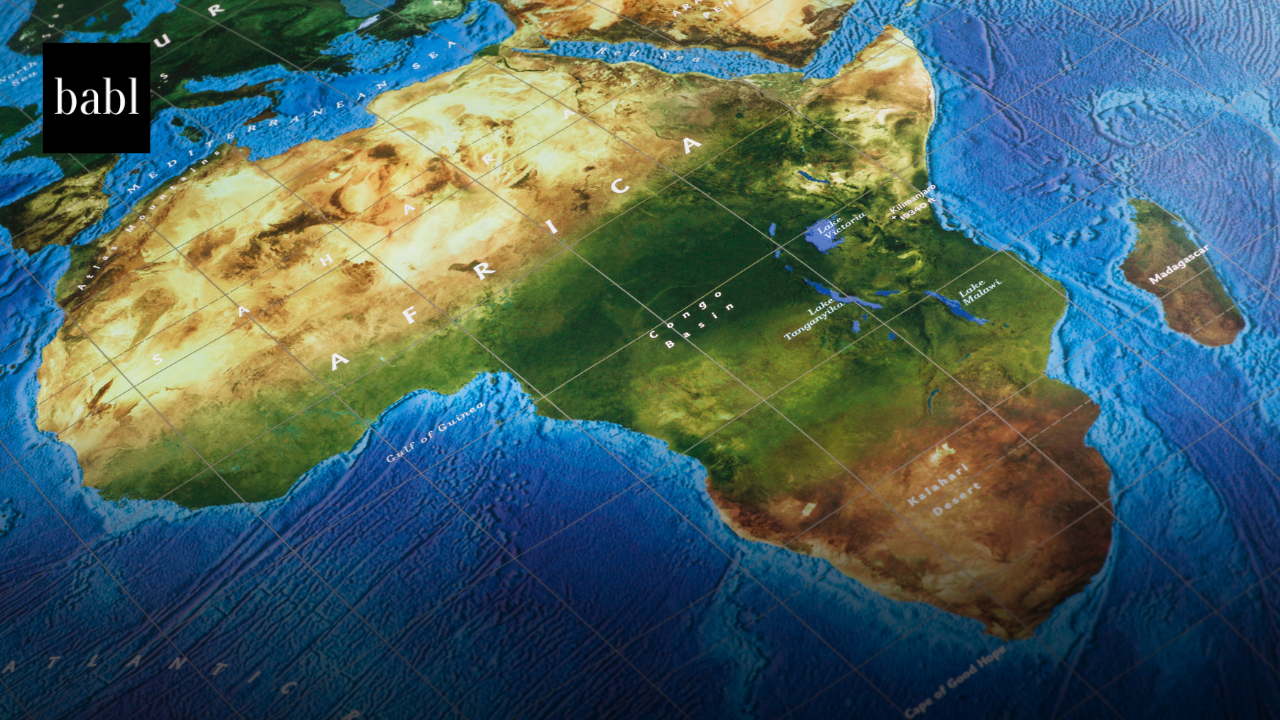As Africa faces the critical five-year window to advance its progress toward the United Nations Sustainable Development Goals (SDGs) by 2030, artificial intelligence (AI) has emerged as a pivotal tool for addressing the continent’s economic, social, environmental, and governance challenges. According to the Foresight Africa 2025-2030 report, breakthroughs in AI and other technologies are positioned to catalyze transformative change, but significant hurdles remain.
AI’s role in economic growth is particularly promising. By 2035, AI is projected to double the GDP growth rate of African nations, driven by innovations in productivity, public investment, and service delivery across agriculture, industry, and services. For example, AI-powered tools are already transforming agricultural practices by optimizing supply chains and enhancing yield predictions. However, the continent’s deep digital divide presents a barrier. Many rural communities and small-scale farmers lack access to the technological resources that larger enterprises enjoy, exacerbating existing inequalities.
Social outcomes stand to gain from AI’s deployment in critical areas like healthcare and education. AI is currently being utilized to address maternal health, diagnostic imaging, and virtual clinic appointments, improving accessibility and efficiency. These innovations align with key SDGs, such as no poverty (SDG 1), quality education (SDG 4), and clean water and sanitation (SDG 6). However, the potential for bias in AI algorithms poses a challenge, particularly in ensuring equitable health outcomes for underrepresented populations.
Environmental applications of AI have shown considerable promise, particularly in combating climate change. Machine learning tools are being used for climate risk assessments, land resource management, and sustainable agriculture. Additionally, technologies such as smart grids and AI-driven weather forecasting enhance the efficiency of renewable energy systems. Despite these advances, concerns about the environmental impact of AI infrastructure, such as high energy consumption, remain unresolved.
Governance presents both opportunities and challenges for AI integration. From streamlining public services to combating misinformation during elections, AI’s applications are diverse. For example, Togo used AI to effectively distribute funds during its Novissi cash transfer program, and Zambia employed AI-powered tools to monitor hate speech during elections. However, the misuse of AI for digital surveillance and its potential to deepen political divides necessitate robust ethical and regulatory frameworks.
The report underscores the importance of addressing the ethical and infrastructural challenges that hinder AI’s equitable adoption. In particular, Africa faces gaps in local data production and representation, digital literacy, and research and development funding. These deficiencies threaten to widen the inequality between the continent and its global counterparts.
Africa’s strengths, including its youth population, dynamic economies, and entrepreneurial spirit, provide a solid foundation for leveraging AI. The report advocates for comprehensive strategies that prioritize regional collaboration, infrastructure investments, and inclusive policy making. Initiatives like Kenya’s Blockchain and AI Taskforce and the African Union’s Continental AI Strategy highlight the continent’s commitment to harnessing AI responsibly.
Need Help?
If you’re concerned or have questions about how to navigate African or global AI regulatory landscape, don’t hesitate to reach out to BABL AI. Their Audit Experts can offer valuable insight and ensure you’re informed and compliant.





